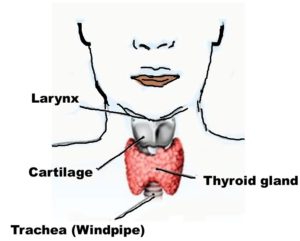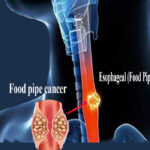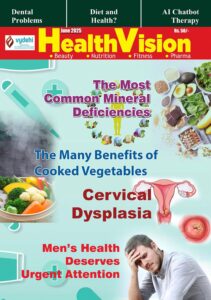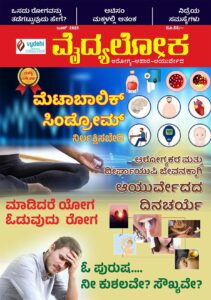Hoarseness : causes and remedies. Causes of hoarseness is acute laryngitis – inflammation of the vocal cords – caused most often by an upper respiratory tract infection, usually viral, and also from overuse or misuse of the voice
What is hoarseness?
Hoarseness is an abnormal change in the voice caused by a variety of conditions. The voice may have changes in pitch and volume, ranging from a deep, harsh voice to a weak, raspy voice.
What causes hoarseness?
Hoarseness is generally caused by irritation of, or injury to, the vocal cords. The larynx (also referred to as the voice box), is the portion of the respiratory (breathing) tract containing the vocal cords. The cartilaginous outer wall of the larynx is commonly referred to as the “Adams apple.” The vocal cords are two bands of muscle that form a “V” inside the larynx. When we sing or speak, the vocal cords vibrate and produce sound.


Hoarseness can be caused by a number of conditions. The most common cause of hoarseness is acute laryngitis (inflammation of the vocal cords) caused most often by an upper respiratory tract infection (usually viral), and less commonly from overuse or misuse of the voice (such as from yelling or singing).
Other causes include:
• Benign vocal cord nodules, cysts or polyps,
• Gastroesophageal reflux (GERD),
• Allergies,
• Inhalation of respiratory tract irritants,
• Smoking,
• Thyroid problems,
• Trauma to the larynx/vocal cords,
• Neurological conditions (such as Parkinson’s disease and strokes), and
• Cancer of the larynx.
What are the signs and symptoms ?
Hoarseness typically gives the voice a raspy and harsh quality, though it may also cause a change in the pitch or volume of the voice. The rapidity of onset and any associated symptoms will depend on the underlying cause leading to hoarseness.
How are the causes diagnosed?
A health care professional will ask the patient questions about their hoarseness and any other associated symptoms. A physical exam will focus on the head and neck. Often times, a diagnosis can be made based on this initial assessment. In some instances, a long lighted flexible tube (fiberoptic scope) will be inserted into the throat to directly visualize the vocal cords if no other cause is initially identified. Individuals with hoarseness that lasts longer than 2 to 3 weeks should have a consultation with an otolaryngologist in order to exclude any serious causes of hoarseness.
What is the treatment ?
The treatment for hoarseness depends on the underlying cause, for example:
• Acute laryngitis caused by an upper respiratory tract infection will usually improve on its own as the infection clears the body. Conservative treatment with cough suppressants and humidified air can be helpful.
• Voice rest is also recommended in order to avoid further irritation or injury to the vocal cords.
• Antibiotics are not indicated for most cases of acute laryngitis.
• Smoking cessation is suggested for those individuals that smoke.
• Individuals with hoarseness caused by vocal overuse or misuse should adhere to voice rest, as serious injury (such as vocal cord hemorrhage can occur to the vocal cords if the voice is strenuously used during episodes of acute laryngitis.
• Medications for gastroesophageal reflux (GERD) or allergies can treat hoarseness if either of these is found to be the underlying cause.
• In some instances, surgery may be necessary for benign nodules or polyps, trauma to the larynx/vocal cords and for cancer of the larynx.
Other treatment options are;
• Voice-therapy
• Voice rest
• Vocal hygiene
How is hoarseness prevented?
Hoarseness can be prevented in some instances, for example:
• Avoid situations that require excessive strenuous voice use, and if a person needs to project their voice, use a microphone if possible.
• Voice therapists or singing teachers may be helpful in certain cases to assist individuals with vocal training and voice modification.
• Smoking cessation can prevent hoarseness or the development of cancer of the larynx.
• Individuals with hoarseness caused by gastroesophageal reflux (GERD) can benefit from medications and dietary modification (such as avoiding alcohol, caffeine, and spicy foods)


Dr. Vivek Kumar Jha
Associate Professor (Speech and Hearing)
Faculty of Behavioural sciences, SGT University, Gurugram, Haryana
jhavivek98@yahoo.com Mob: 09560276840











